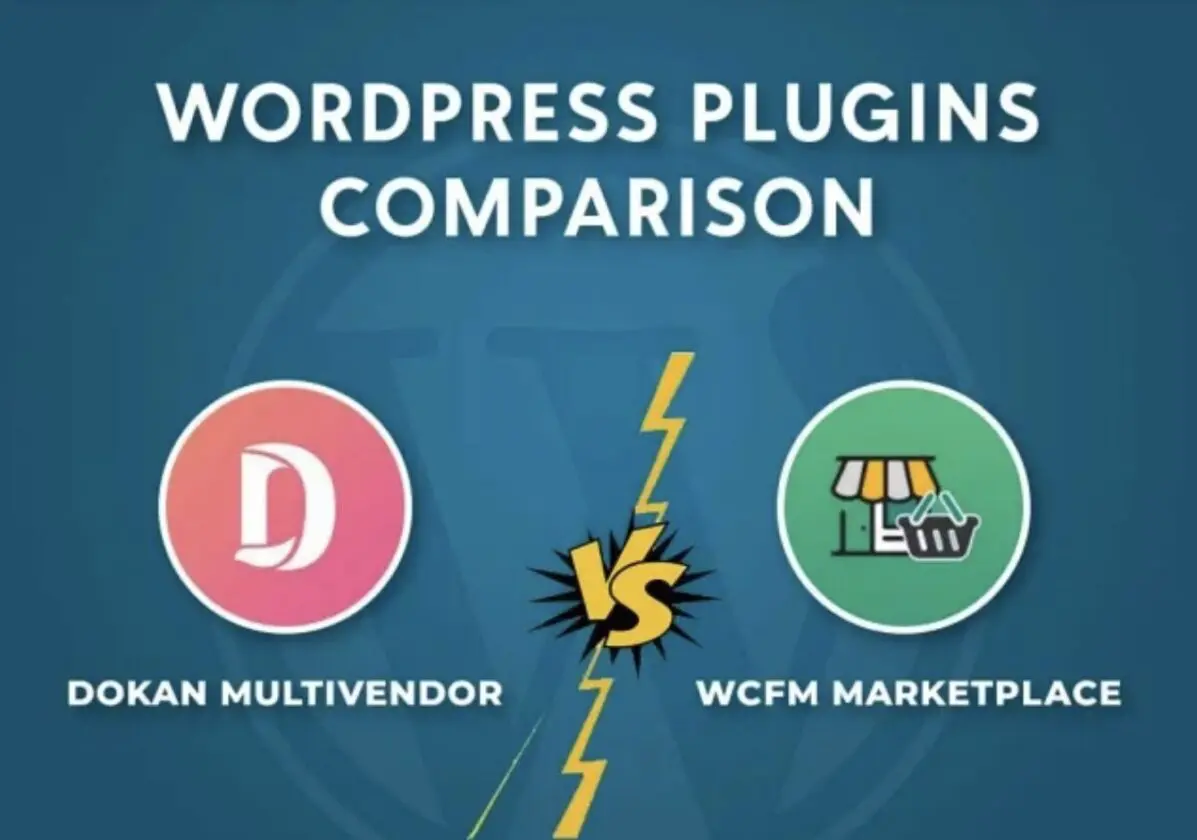08.07.2024
The Internet of Things (IoT) is transforming our world by linking everyday objects to the internet, enabling them to send, receive, and process data. This interconnected network of devices spans various industries, enhancing efficiency, convenience, and productivity. Here’s an exploration of the different types of IoT devices and their significant roles in modern life. […]
The Internet of Things (IoT) is transforming our world by linking everyday objects to the internet, enabling them to send, receive, and process data. This interconnected network of devices spans various industries, enhancing efficiency, convenience, and productivity. Here’s an exploration of the different types of IoT devices and their significant roles in modern life. […]











